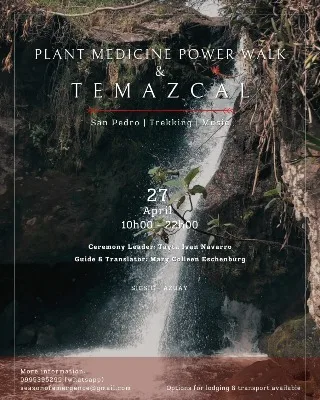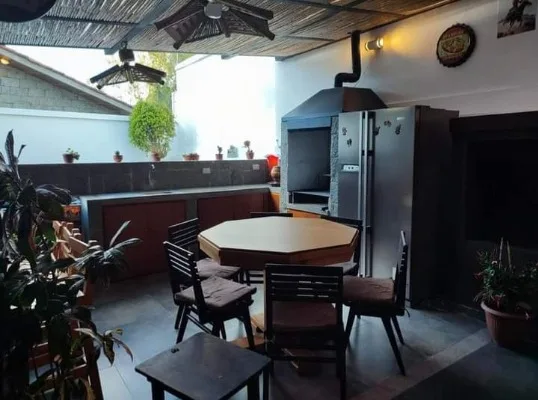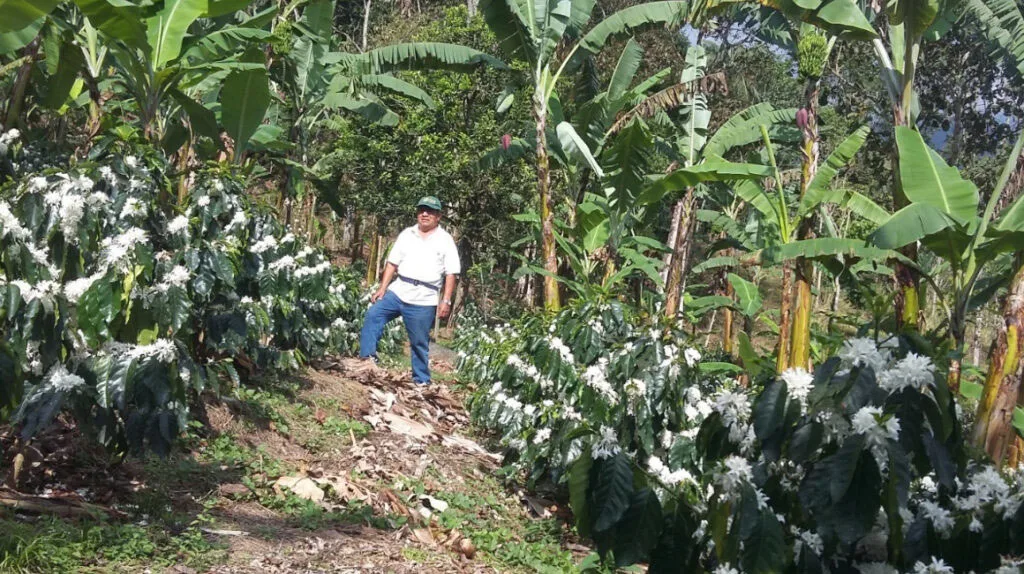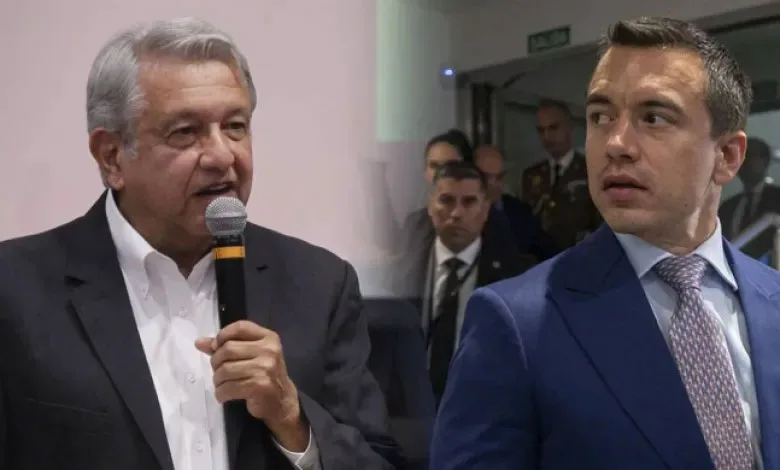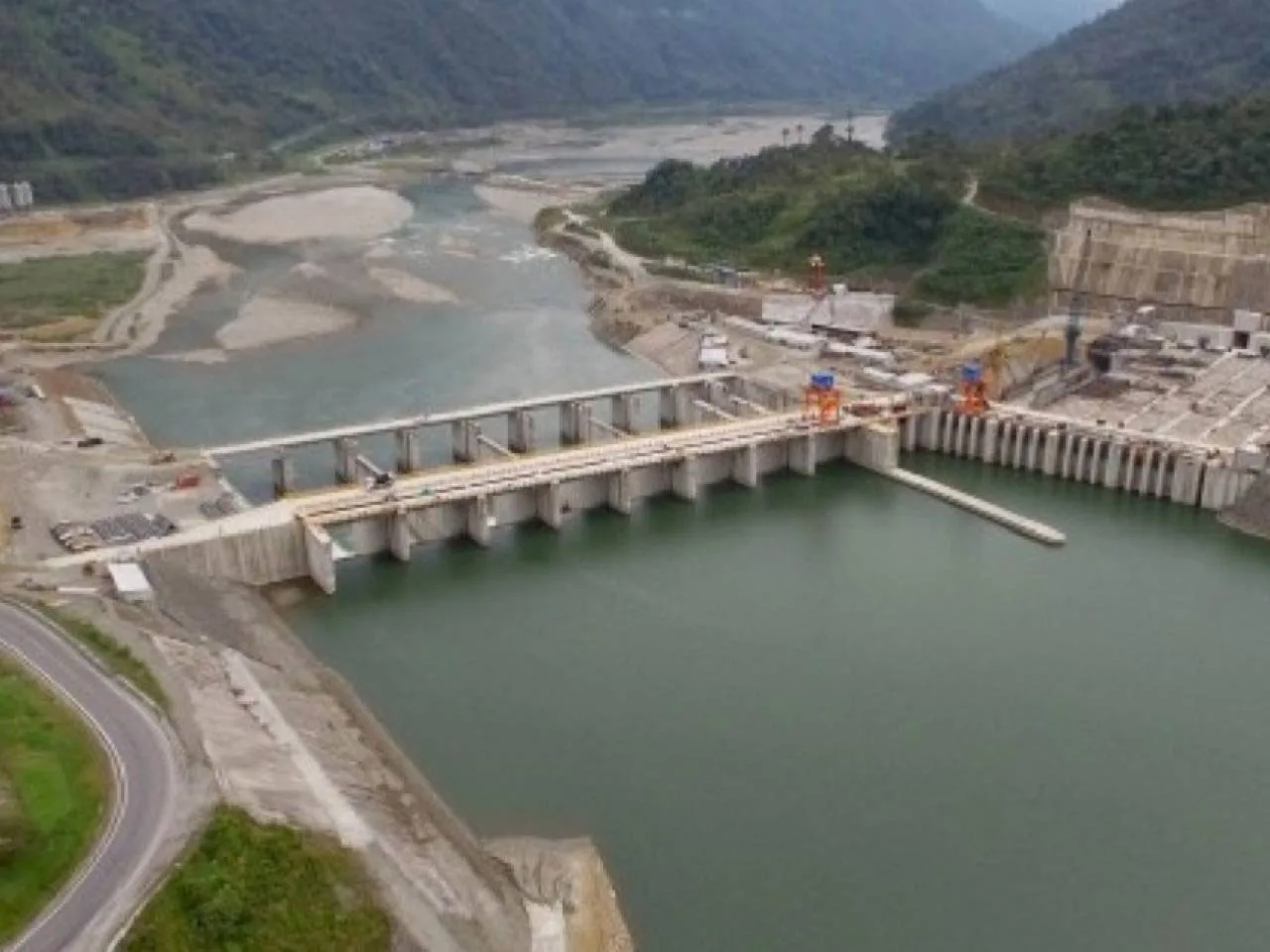Profits as high as 1,500% fuel massive drug shipment business from Ecuador to Europe
By Liam Higgins
Most people don’t understand the reasons behind Ecuador’s soaring rates of drug-related crime, says Renaldo Torres, an international export consultant. “It has very little to do with consumption of illegal drugs in the country,” he says. “It also has little to do with Colombian drugs being sent to the U.S. Another misconception is that more drugs are now being produced and processed in Ecuador, which is not the case.”
According to Torres, Ecuador has become the shipment center of choice in Latin America for drugs headed to Europe, primarily to the ports in Antwerp, Belgium and Rotterdam, Netherlands. “This has been the case for about 15 years but the quantities of drugs shipped has exploded in the last five or six years,” he says. “Most of the drugs come from Colombia and Peru by truck or small boats and ship out of Guayaquil on container ships, with smaller amounts leaving the ports at Manta, Machala and Esmeraldas. The drugs are packed into legal shipments of bananas, other agricultural products, frozen seafood and manufactured goods.”

According to export and crime experts, Ecuador’s drug crime crisis is centered in its ports.
Torres claims the government has done a poor job of explaining the problem. “What people hear about are the killings in Guayaquil and Manabi and the plans to stop it, which so far have been mostly ineffective. What they don’t understand is that the root of the problem is in the ports and the corruption there that allows drugs to go undetected. Of course, the government is responsible for managing the ports.”
Torres explains that cocaine is the primary illegal export but says fentanyl and amphetamine pills are making up an increasingly large portion of shipments. “The Colombians have taken tips from the Mexican cartels and are now manufacturing fake pharmaceuticals, which are much more profitable and easier to conceal in shipments.”
According to international crime monitoring service InSight Crime, drug shipments from Ecuador to Europe turn profits of as much as 1,500%. “The various players in the transport chain can make 200% to 400% along the way, making the process very lucrative and very difficult to combat,” InSight reports.
Although Ecuador exporters are pushing the government for tighter controls at the ports, they worry that new scanning systems scheduled to be operational in June and more human inspections will increase their costs.
According to Felipe Ribadeneira, president of the Federation of Exporters of Ecuador (Fedexpor), exporters are already paying a higher price than exporters operating in other countries. “We are being punished by the seizures of our products in both Ecuador and in Europe and now the government plans to pass on the cost of new inspection procedures,” he says. “We are also suffering with overseas buyers reluctant to do business with us because of drug smuggling. If containers are detained in Guayaquil and Antwerp because drugs are found, the product can go bad before it goes to market. Beyond that, we are stuck paying legal fees to prove the drugs are not ours.”
Ribadeneira adds that his members, both agricultural and manufacturing, are having to pay additional security fees to keep drugs out of containers being packed on their farms and factories. “We have to fight the gangs paying bribes to packers and conduct our own inspections to make sure our containers are clean and this is expensive and sometimes dangerous.”
According to both Ribadeneira and Torres, it is critical that Ecuador’s exporters be protected. “There is a bottom line impact to the entire economy if exporting businesses become less competitive and ship out less product,” Torres says. “The country is already suffering a recession that began before the Covid pandemic and layoffs at farms and factories will make things worse.”
Torres says U.S.-produced scanning equipment being installed in Ecuador ports is a step in the right direction but adds it’s only the beginning. “Beyond the technology, there has to be human oversight that can be protected against the influence of the drug mafias which pay millions in bribes to port workers,” he says. “I understand the government is considering an offer from the U.S. to provide management at the ports. I think it’s an offers they should not turn down.”





